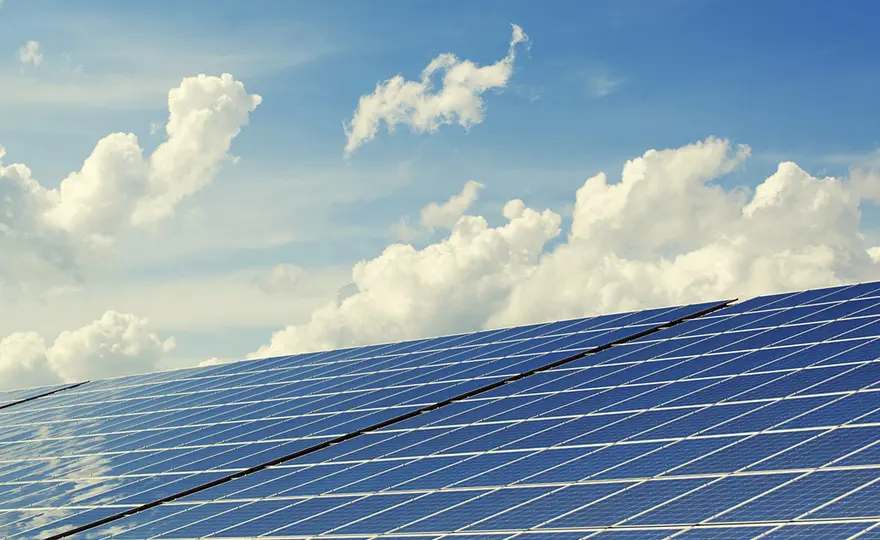ClientEarth Communications
30th November 2016


There are now many ways that households, local governments and small businesses can participate in the energy system, either individually or collectively. This will reduce the cost of energy for all and help Europe move towards a low-emission energy system, which is better for people and the planet.
Everyone in Europe has the potential to both consume and produce energy. People can do this through generating renewable energy, battery or electrical vehicle storage, energy conservation, or adopting demand-response technology to use energy more intelligently. These energy consumer-producers are sometimes known as ‘prosumers’.
According to CE Delft, by 2050 an estimated 83% (about 187 million) of EU households could contribute to renewable energy production, demand response or energy storage.
The Commission is proposing new EU rules to make sure energy consumers have the rights and incentives to generate, store, consume and sell renewable energy, and to benefit from demand response.
This includes rules to allow citizens to come together to participate collectively in activities they cannot do on their own. For instance, households and small businesses can work through a company that will collect (‘aggregate’) their flexible use and sell it on a large scale. Citizens can also invest together in community energy projects that produce, store and supply renewable energy on a large scale.
Some countries encourage prosumers but other governments block or disincentivise them, often because of large energy utilities don’t want competition. This inconsistent treatment of consumers participating in the energy market is because the EU doesn’t have a dedicated legal framework that sets rules for citizen involvement in the energy sector.